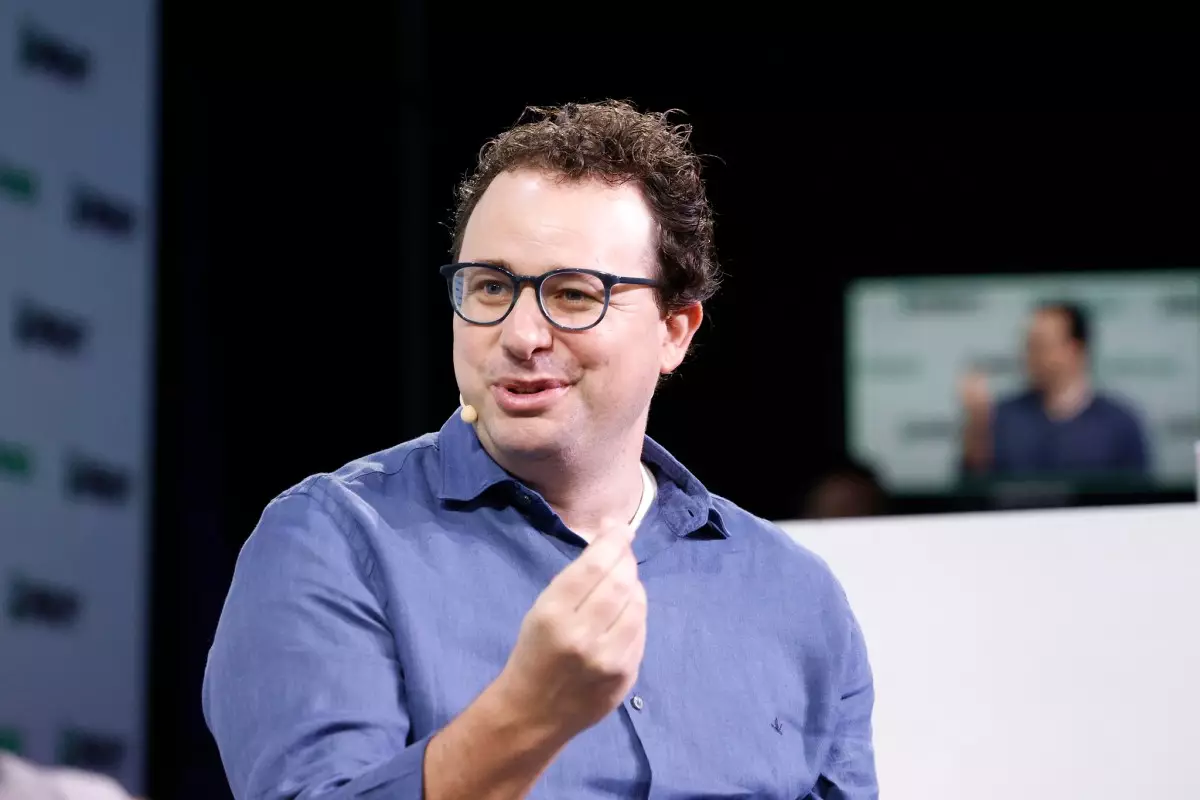In the rapidly evolving landscape of artificial intelligence, legal disputes are becoming as commonplace as technological advancements. One of the most significant cases in this arena is the ongoing copyright lawsuit initiated by the Authors Guild against OpenAI, which accuses the tech giant of training its AI models on unauthorized material. Within this legal turmoil, the actions of Anthropic’s CEO Dario Amodei and co-founder Benjamin Mann have recently attracted considerable scrutiny, as they attempt to sidestep depositions related to this high-profile lawsuit.
The Authors Guild, representing renowned writers such as John Grisham and George R.R. Martin, filed the lawsuit in September 2023 in the U.S. District Court for the Southern District of New York. This litigation stems from allegations that OpenAI illicitly used vast amounts of copyrighted material to train its language models, including ChatGPT. As the case unfolds, the stakes are high not only for the writers involved but for the entire tech industry, as it grapples with the implications of AI on intellectual property rights.
The Authors Guild’s legal team believes that Amodei and Mann, having formerly held positions at OpenAI, possess critical insights pertinent to the case. They have sought to compel these individuals to provide testimony and share communications from their tenure at OpenAI, as they could shine a light on the internal processes that led to the alleged misuse of copyrighted material.
Recent revelations indicate that the Authors Guild has issued subpoenas to both Amodei and Mann in a bid to secure their testimonies. Initially, both CEOs agreed in June 2024 to participate in depositions and had prepared a substantial amount of communication records for the discovery phase. However, as the case progressed into late 2024, their legal representatives began seeking ways to delay these depositions, hoping to synchronize their testimonies with related litigation against OpenAI brought forth by other authors.
This request for an extension raises critical questions about the legal strategy employed by Amodei and Mann. It can be interpreted as an attempt to consolidate their testimony and perhaps mitigate the risk of implicating themselves or their former employer in any wrongdoing. Such tactics are not uncommon in high-stakes legal battles; however, they can also be perceived as evasive maneuvers designed to prolong legal proceedings.
The plot thickens as Amodei’s legal team introduces the “apex doctrine” into their defense. This legal principle allows high-ranking executives to avoid depositions unless absolutely necessary, arguing that their time is disproportionately valuable. On January 16, 2025, Amodei’s lawyers reaffirmed that he was unavailable for a deposition due to his demanding schedule—a claim that raises eyebrows, given his recent public appearances, including a high-profile interview with podcaster Lex Fridman.
Mann’s situation appears no less complex, as his attempts to negotiate a more convenient deposition timeframe cite personal circumstances, including the obligations of raising young children and managing a family health crisis. Moreover, Mann’s legal representatives have expressed a desire to limit the deposition’s duration and have proposed that Amodei not be questioned by the Authors Guild. This convoluted web of personal and professional challenges prompts speculation about the motivations driving their legal strategies.
As these legal battles unfold, the broader implications for the AI sector cannot be ignored. The outcome of the Authors Guild’s case against OpenAI could set significant precedents regarding the ethical and legal boundaries of training AI systems. If successful, this litigation could herald stricter regulations concerning the use of copyrighted materials in machine learning, subsequently reshaping practices within the tech industry.
While Amodei and Mann strive to navigate this legal minefield, their actions will undoubtedly have ripple effects in both the AI sector and the realm of intellectual property law. As the digital landscape becomes ever more intricate and intertwined with creative industries, the questions surrounding authorship, compensation, and the boundaries of technological innovation remain at the forefront of public debate. With discovery set to conclude by April, the forthcoming months will be pivotal in determining the ultimate trajectory of this contentious lawsuit.

